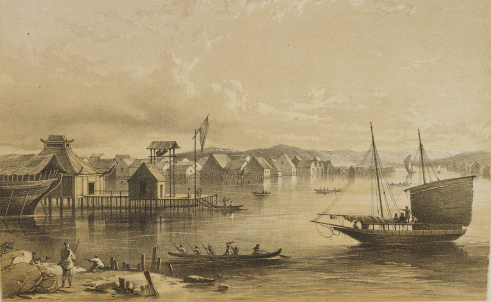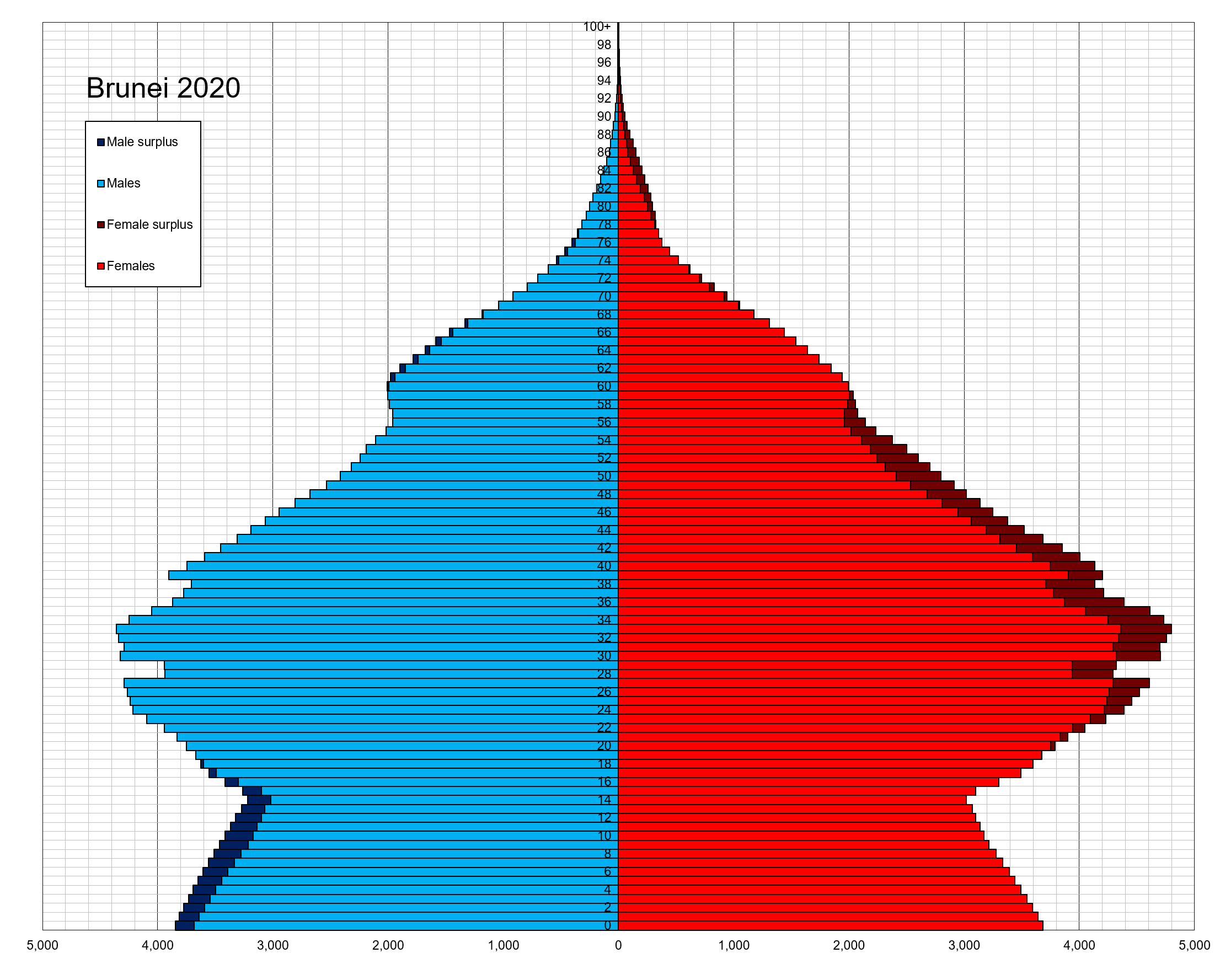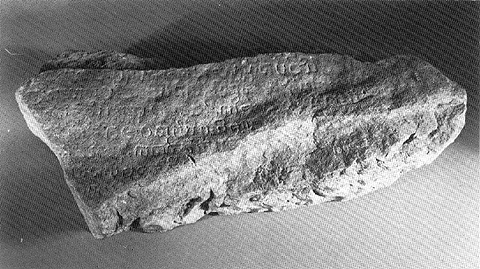|
Indians In Brunei
Indians in Brunei consist of Bruneians of Indian descent as well as expatriate professionals that have recently come to the country. According to the Government of India, there are 10,000 Indians living and working in the country. History Indians in Brunei have had a notable presence in the country since the colonial days, however there are records from the Europeans who visited the region that there were people from the Indian Subcontinent already living there prior to European colonisation. According to United Nations statistics, the Indian population was counted in the Brunei census since the year of 1947. In 1971, Indians made up 1.6% of the population. Employment The number of Indian nationals working in Brunei had increased since 2009. There are many Indian doctors and engineers working in Brunei and there are others working in the education sector, both at school and university or college level as professors and teachers as well as research personnel. Other areas where Ind ... [...More Info...] [...Related Items...] OR: [Wikipedia] [Google] [Baidu] |
Bandar Seri Begawan
Bandar Seri Begawan (BSB; Jawi: بندر سري بڬاوان; ) is the capital city of Brunei. It is officially a municipal area () with an area of and an estimated population of 100,700 as of 2007. It is part of Brunei-Muara District, the smallest yet most populous district which is home to over 70 per cent of the country's population. It is the country's largest urban centre and nominally the country's only city. The capital is home to Brunei's seat of government, as well as a commercial and cultural centre. It was formerly known as Brunei Town until it was renamed in 1970 in honour of Sultan Omar Ali Saifuddien III, the 28th Sultan of Brunei and the father of the current Sultan Hassanal Bolkiah. The history of Bandar Seri Begawan can be traced back to the establishment of a Malay stilt settlement on the waters of the Brunei River which became the predecessor of Kampong Ayer today. It became the capital of the Bruneian Sultanate from the 16th century onwards, as well as i ... [...More Info...] [...Related Items...] OR: [Wikipedia] [Google] [Baidu] |
Indian Indonesians
Indian Indonesians ( id, Orang India Indonesia; ta, இந்திய இந்தோனேசியர்) are Indonesians whose ancestors whose ancestors originally came from the Indian subcontinent. Therefore, this term can be regarded as a blanket term for not only Indonesian Indian proper, but also Indonesians with other South Asian ancestry (e.g. Pakistanis, Bangladeshis etc.). According to the Indian Ministry of External Affairs, there were about 120,000 people of Indian origin as well as 9,000 Indian nationals living and working in Indonesia as of January 2012. Most of them were concentrated in province of North Sumatra and urban areas such as Banda Aceh, Surabaya, Medan and Jakarta. However, it is quite impossible to get correct statistical figures on the Indian Indonesian population, because some of them have merged and assimilated with the indigenous population to become indistinguishable from native Indonesians. History Various people from the Indian subcontin ... [...More Info...] [...Related Items...] OR: [Wikipedia] [Google] [Baidu] |
Ethnic Groups In Brunei
The demographic features of Brunei include population density, ethnicity, education level, health of the populace, economic status, religious affiliations and other aspects of the population. Like neighbouring countries, Brunei is a Malay-dominated country. Many cultural and linguistic differences make Brunei Malays distinct from the larger Malay populations in nearby Malaysia and Indonesia, even though they are ethnically related and share the Muslim religion. Brunei has a hereditary nobility with the title Pengiran these are, more often than not, related to the Sultan by blood. The Sultan can award to commoners the title Pehin, the equivalent of a life peerage awarded in the United Kingdom. The Sultan also can award his subjects the Dato, the equivalent of a knighthood in the United Kingdom, and Datin, the equivalent of a damehood. Bruneians adhere to the practice of using complete full names with all titles, including the title Haji (for men) or Hajjah (for women) for thos ... [...More Info...] [...Related Items...] OR: [Wikipedia] [Google] [Baidu] |
Brunei–India Relations
Brunei and India established diplomatic relations in 1984. Brunei has a high commission in New Delhi, and India has a high commission in Bandar Seri Begawan. History Bilateral relations between the countries were established on 10 May 1984. His Majesty Sultan Hassanal Bolkiah made a state visit to India in September 1992. Since the discovery of oil in Brunei in 1929, a number of Indians migrated to Brunei to work in the oil and allied services sectors; later, many arrived as teachers, with some of them inter-marrying with local Bruneian peoples. According to local government's official sources, there are around 10,000 Indians living in Brunei, as of 2013. Economic relations Five memorandums of understanding were signed by both countries in May 2008, on issues such as Bilateral Investment Promotion and Protection Agreements (BIPA), Information and Communications Technology (ICT), culture, trade and space. The main export of Brunei to India is crude oil, while India has ma ... [...More Info...] [...Related Items...] OR: [Wikipedia] [Google] [Baidu] |
Hinduism In Brunei
Almost the entire Hindu community in Brunei is made up of people of Indian origin. The approximate size is a few thousand. There are two Hindu temples in Brunei. According to the 2001 census, 124 of the Hindus are citizens and another 91 are permanent residents. The rest are non-citizens. Hinduism is practised by a minority of ethnic Tamils, which comprises mainly doctors, engineers working in Brunei and others working in the education sector, both at school and university or college level as professors and teachers as well as research personnel. Gorkha Hindus There is a Nepalese community in Seria, Belait in Brunei, made up of members of the British Army 's Brigade of Gurkhas. Historically, they have contributed in ensuring Brunei's autonomy Brunei Hindu Welfare Board Brunei's Hindu Welfare Board is a 50 year old Hindu religious organisation with approximately 3,000 members and there are two small Hindu temples in the country. Hindu Temple Though there are two Hindu temples, ... [...More Info...] [...Related Items...] OR: [Wikipedia] [Google] [Baidu] |
Tamil People
The Tamil people, also known as Tamilar ( ta, தமிழர், Tamiḻar, translit-std=ISO, in the singular or ta, தமிழர்கள், Tamiḻarkaḷ, translit-std=ISO, label=none, in the plural), or simply Tamils (), are a Dravidian peoples, Dravidian ethno-linguistic group who trace their ancestry mainly to India’s South India, southern state of Tamil Nadu, union territory of Puducherry (union territory), Puducherry and to Sri Lanka. Tamils who speak the Tamil Language and are born in :Social groups of Tamil Nadu, Tamil clans are considered Tamilians. Tamils constitute 5.9% of the population in India (concentrated mainly in Tamil Nadu and Puducherry), 15% in Sri Lanka (excluding Sri Lankan Moors), 7% in Tamil Malaysians, Malaysia, 6% in Tamil Mauritians, Mauritius, and 5% in Indian Singaporeans, Singapore. From the 4th century BCE, urbanisation and mercantile activity along the western and eastern coasts of what is today Kerala and Tamil Nadu led to the develo ... [...More Info...] [...Related Items...] OR: [Wikipedia] [Google] [Baidu] |
Singapore Indians
Indian Singaporeans (Tamil language, Tamil: ') are Singaporeans of Indian people, Indian or South Asian ancestor, ancestry, who constitute 9.0% of the country's citizens, making them the third largest ancestry and ethnic group in Singapore. While Greater India, contact with ancient India left a deep impact on Singapore's indigenous Malay Singaporeans, Malay culture, the mass settlement of Indians on the island only began with the founding of modern Singapore by the British in 1819. Initially, the Indian population was transient, mainly comprising young men who came as workers, soldiers and convicts. By the mid-20th century, a settled community had emerged, with a more balanced sex ratio, gender ratio and a better demographic profile, spread of age groups. Indian Singaporeans are linguistically and religiously diverse, with ethnic Tamils and Hindus forming majorities. The Indo-Singaporean culture has endured and evolved over almost 200 years. By the 1990s, it had grown somewhat ... [...More Info...] [...Related Items...] OR: [Wikipedia] [Google] [Baidu] |



